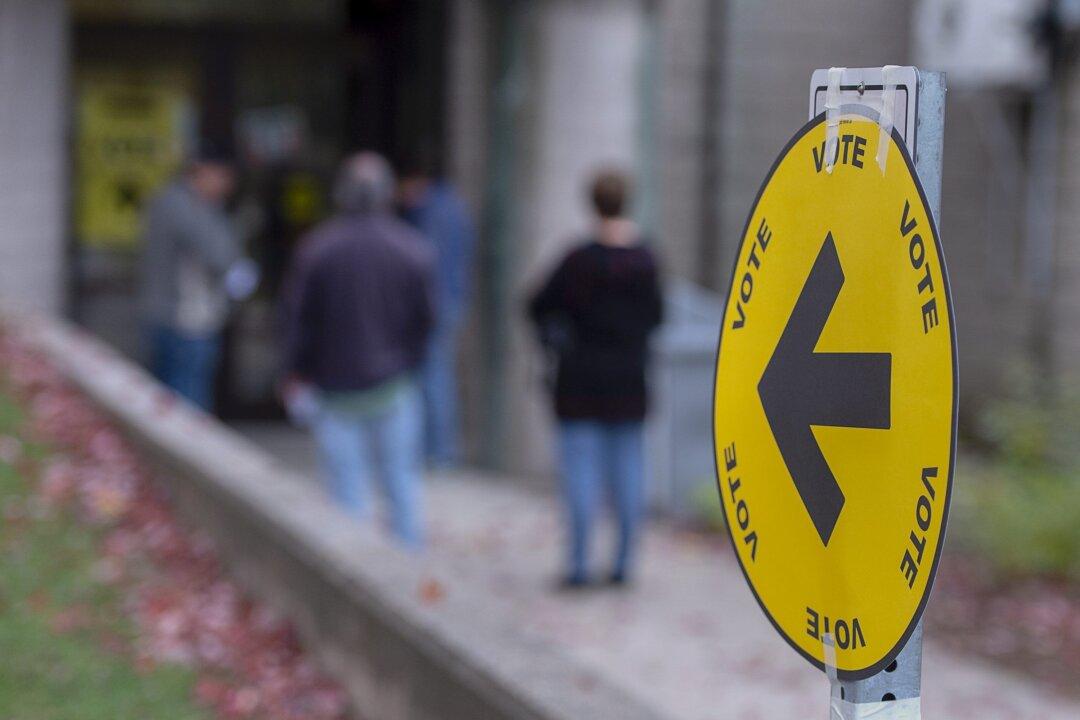Commentary
There’s a strong possibility that a federal election will be held this fall, and if so you can bet on it that candidates will try their very hardest to avoid the elephant in the room: the state of Canada’s economy.

There’s a strong possibility that a federal election will be held this fall, and if so you can bet on it that candidates will try their very hardest to avoid the elephant in the room: the state of Canada’s economy.